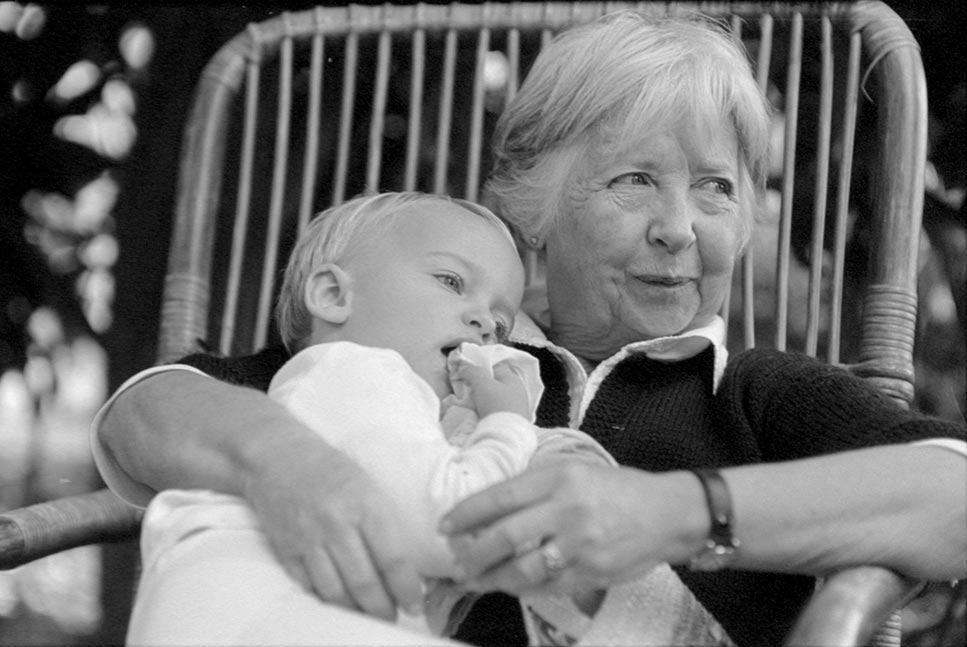Sit beside a grandma with a hot drink, time, and a few good questions. Ask her to talk about her grown children, what they were like at different ages, how they struggled, when they were frightened, confident, lost, successful. Ask her what she loves about one of her children, and what drives her crazy. Remembering will bring her great joy, even when the memory is sad. When she talks about her child’s character, the qualities that set him apart in her heart and mind, she will say something like, “He has always been that way. Even when he was a baby.”
Predictable Quirks
Ask a good teacher to talk about her students. Without the broad perspective earned over a grandma’s lifetime, she will rely on her experience and intuition to reach similar conclusions. She’ll say things like, “He never sat still in class, and he was never tired” or “She has such a positive attitude. I don’t think I’ve ever heard her complain.” About one child she will say, “I spent the whole year telling him to tie his shoes.” She’ll smile when she remembers the day he mastered the double-knot.
We cannot be grandparents until we are, but there is time and space for improvement now
For parents and teachers, the greatest challenges are not surprising or unique. They are mundane, repetitive, strangely related to the qualities that make a child wonderful. The son who celebrates the natural world is also a slob. The daughter who reads voraciously forgets her lunch in the back seat, at least once a week. Problems become so predictable, people who work with children lay awake at night, wondering what we are doing wrong.
Surprising Growth
There are and always will be those who are recognized experts in parenting and education. There are also people who are experts in human motivation and character development. The best advice, though, usually comes from within. Like adults, children change and grow in remarkable ways for reasons that will never be obvious. Sometimes children drop bad habits or forget fears or mature in surprising ways because the people who love and care for them waited.
Our almost-nine-year-old son has avoided small boats and large animals since he was old enough to express his opinions. He is on a vacation with his grandma this week, gallivanting with her through the Wild West. He called to tell us rafting is “awesome,” canoeing a ton of fun. His favorite activity? Horseback riding with grandma. “He’s so happy on a horse,” grandma says. “He never stops smiling.”
Always Reachable
We cannot be grandparents until we are, but there is time and space for improvement now. The poet Mary Oliver says it best: “There are things you can’t reach. But you can reach out to them, and all day long.” Parents could live more satisfying lives with a simpler mantra: Sometimes there is more to be learned from love than education. Grandparents have always understood this. They move slowly in part because their bodies insist, in part because they have lived long enough to understand the power of patience and faith.



Leave a Comment